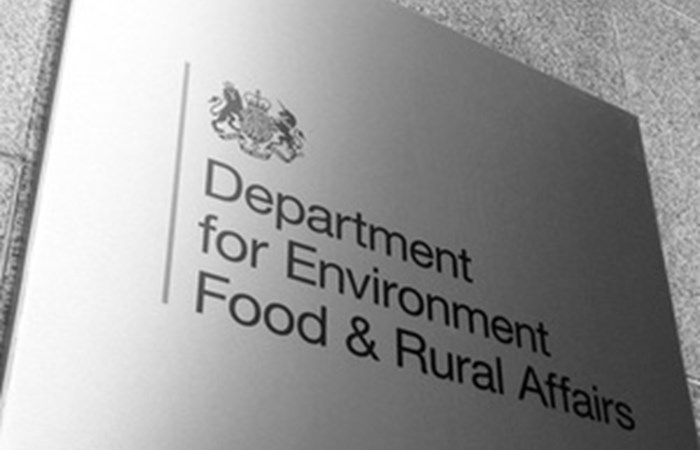Animal Plant Health Agency

The UKs Chief Veterinary Officer has urged farmers to remain vigilant for bluetongue virus after the disease was found cattle and sheep in Kent, Norfolk and Suffolk.
The Animal and Plant Health Agency (APHA) and the Pirbright Institute identified the first case of the disease in November through Great Britains annual bluetongue surveillance programme.
Current situation
There is currently no evidence that there is circulating virus.
Due to a decrease in temperature midge activity is much lower with midges (the disease vector) not actively feeding. Low temperatures also mean that the virus cannot replicate in the midge, so even if a midge does feed on an infected animal, the risk of transmission to another animal is very low. This is called a low vector period.
Considering current environmental and vector conditions, we have taken the decision not to cull infected animals where test results indicate older infection and the presence of BTV antibodies. Infected animals may still be restricted at their current locations and other disease mitigation measures taken as appropriate.
From Monday 19 February the Kent and Norfolk Temporary Control Zones (TCZs) will be lifted. Positive high-risk animals will remain under restriction as well as premises in the Zones which have not yet been sampled. APHA has contacted livestock keepers in the Zones to discuss what this means for them.
Surveillance of susceptible animals and epidemiological assessments will continue. We will keep the situation under review.
Find out more information on thelatest situation and guidance.
Chief Veterinary Officer Christine Middlemiss said:
Bluetongue does not pose a threat to human health or food safety, but the disease can affect livestock reducing farm productivity.
We are now in a seasonally low vector period, when midge activity is much lower and there is reduced risk of disease, meaning we can lift the temporary control zones.
However, our robust disease surveillance procedures continue, and I urge farmers to remain vigilant and report any suspicions to APHA.
Aled Edwards, Head of Field Delivery England, Animal and Plant Health Agency said:
The current environmental and vector conditions mean that the temporary control zones in place can soon be lifted, and where there is no risk of disease spreading, farmers will be able to resume movements of animals. Where there is a known disease risk, or unknown risk status, APHA will contact these premises directly to restrict specific animals within the premises.
APHA teams will continue to work closely with farmers to ensure that keepers and businesses are kept up to date, and that questions and concerns are addressed promptly.
Bluetonguedoes not affect people or food safety. The virus is primarily transmitted by midge bites and affects cattle, goats, sheep and camelids such as llamas. The midges are most active between April and November and not all susceptible animals show immediate, or any, signs of contracting the virus. The impacts on susceptible animals can vary greatly some show no clinical signs or effects at all while for others it can cause productivity issues such as reduced milk yield, while in the most severe cases can be fatal for infected animals.
The virus can also be spread through germplasm (semen, ova, and embryos) as well as transmitted from mother to unborn offspring.
Strict rules on the movement of livestock from regions affected by bluetongue are already in place and farmers are reminded that animals imported from these regions must be accompanied by the relevant paperwork to clearly show they meet certain conditions designed to reduce disease risk, such as correct vaccination.
Following confirmation of BTV in a non-imported animal in England, some trading partners may restrict exports of bluetongue susceptible animals or their products. The latest information on availability of individualexport health certificates can be found on Gov.uk.
NI and GB ruminants cannot be exported from an GB Assembly Centre to the European Union or moved to Northern Ireland until further notice.
BTV is a notifiable disease. Suspicion of BTV in animals in England must be reported to the Animal and Plant Health Agency on 03000 200 301
More information about bluetongue is
